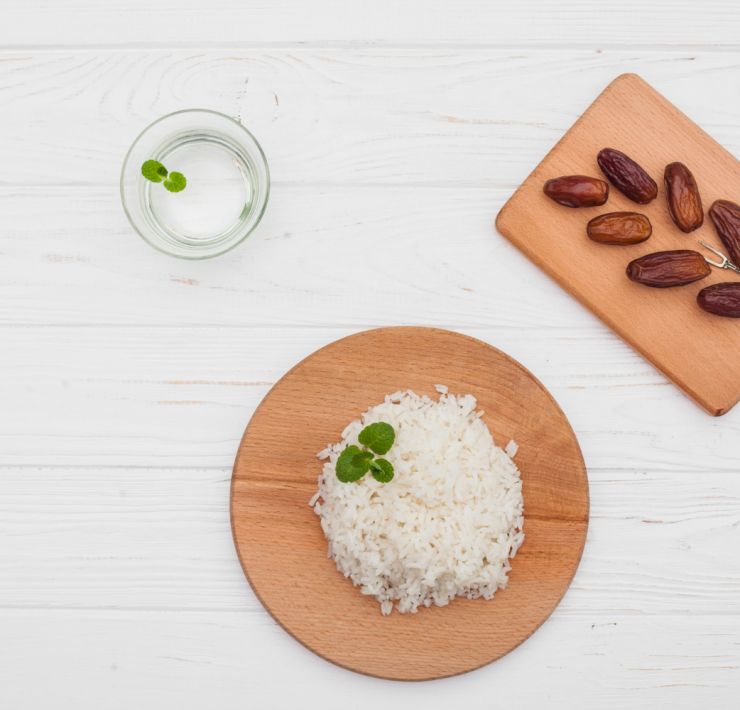Muscle Building 101: Understanding Hypertrophy, Resistance Training, and Nutrition for Optimal Gains
- Understanding the science of muscle building can help you achieve your goals and avoid common mistakes.

You want to get bigger and stronger, but where do you start? Understanding the science of muscle building can help you achieve your goals and avoid common mistakes. Let’s break it down.
Table of Contents
Hypertrophy: Size Matters
Hypertrophy is the technical term for muscle growth, and it occurs when you challenge your muscles with resistance training. When you lift weights, your muscles experience small amounts of damage, which triggers the body’s repair process. The repair process results in muscle growth and adaptation, making the muscle stronger and better able to handle future challenges.
Muscle growth occurs through two mechanisms: myofibrillar hypertrophy and sarcoplasmic hypertrophy. Myofibrillar hypertrophy increases the number of contractile units in the muscle, resulting in greater strength and power. Sarcoplasmic hypertrophy increases the amount of fluid and energy stored in the muscle, resulting in greater size and endurance.
Lifting Weights: Putting the “Work” in Workout
Resistance training is the most effective way to stimulate muscle growth. When you lift weights, you create tension in the muscle fibers, which triggers the repair process. The amount of weight you lift, the number of sets and reps you perform, and the rest periods between sets all play a role in determining the type and amount of muscle growth you experience.
Progressive overload is the key principle of muscle building. This means gradually increasing the weight you lift over time to continue challenging your muscles. If you lift the same weight for the same number of reps and sets every workout, your muscles will adapt and stop growing.
Diet: Fuelling Your Gains
Building muscle requires energy, and that means eating enough calories to support growth. Consuming a balanced diet that includes adequate protein, carbohydrates, and healthy fats is essential for muscle growth and recovery.
Protein is the most important nutrient for muscle growth. Aim to consume 1 gram of protein per pound of body weight per day. Good sources of protein include lean meats, poultry, fish, eggs, dairy, beans, and tofu.
Carbohydrates provide energy for workouts and help replenish glycogen stores in the muscles. Choose complex carbohydrates like whole grains, fruits, and vegetables.
Healthy fats are important for hormone production and overall health. Choose sources like nuts, seeds, avocado, and olive oil.
Rest and Recovery: Taking a Break to Make Progress
Rest and recovery are essential for muscle growth. When you lift weights, you create small amounts of damage in the muscle fibers. Rest allows the body to repair and rebuild those fibres, resulting in muscle growth.
Getting enough sleep is crucial for muscle recovery and growth. Aim for 7-8 hours of sleep per night.
Taking rest days is also important for muscle recovery. Your muscles need time to repair and grow between workouts, so make sure to schedule rest days into your training program.
Putting It All Together: Tips for Building Muscle
Here are some tips to help you maximize your muscle-building potential:
- Lift weights at least 2-3 times per week, focusing on compound exercises like squats, deadlifts, bench press, and rows.
- Gradually increase the weight you lift over time to continue challenging your muscles.
- Eat a balanced diet that includes adequate protein, carbohydrates, and healthy fats.
- Get enough sleep and schedule rest days into your training program.
Thanks for reading! We hope this helps you on your journey to becoming a fitter and healthier version of yourself. Don’t forget to follow @naijafitfam on Instagram for more helpful content.




















